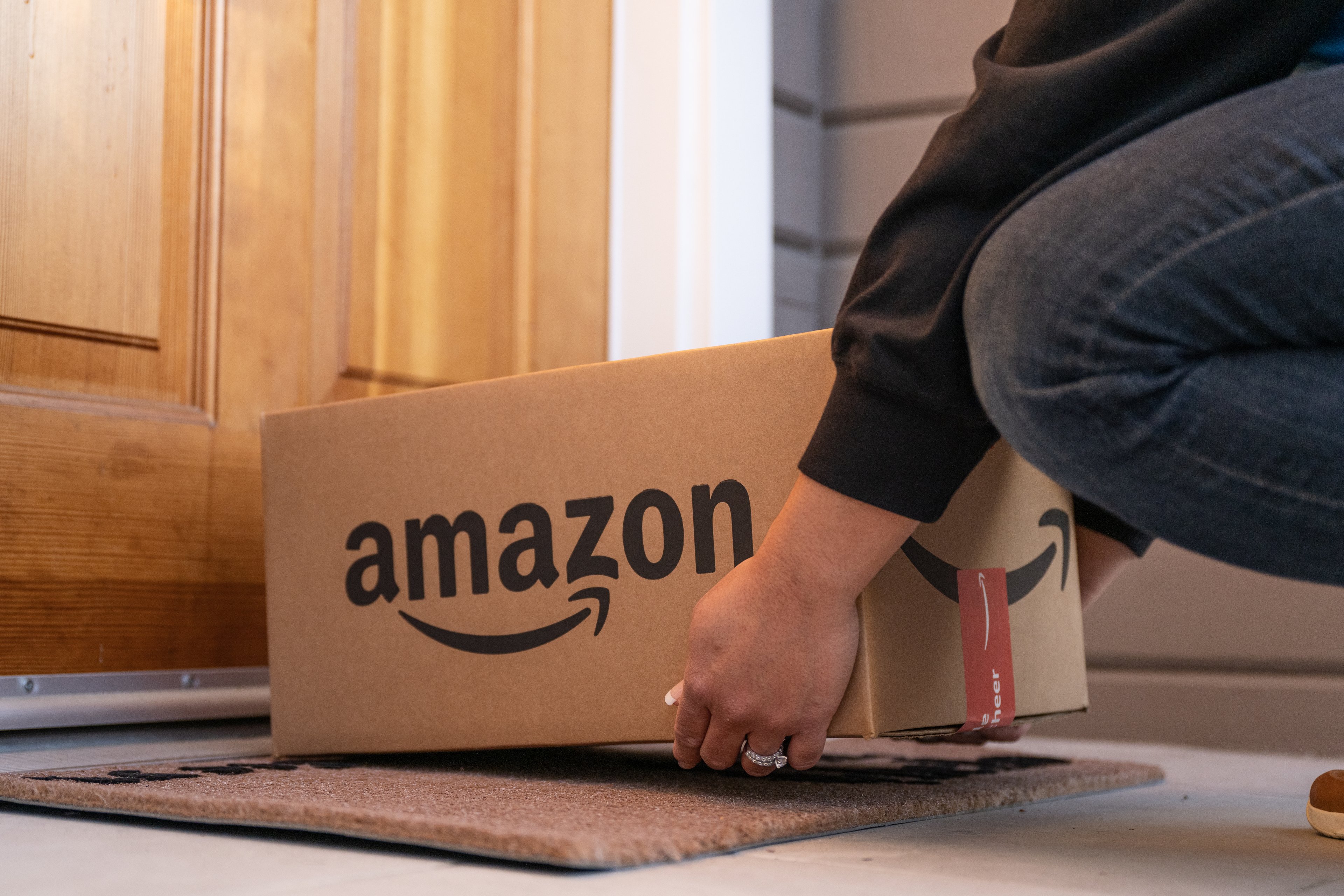In what should send shudders through the retail healthcare market, Amazon (AMZN 1.02%) took another step into the industry by announcing the creation of Amazon Care in September.
The pilot program, currently only available for its Seattle employees and their families, melds telemedicine with in-home or in-office visits.
With the new service, employees can have video visits via the app with doctors, nurse practitioners, or registered nurses. They are able to text a nurse and get answers in minutes. If the worker or his or her dependents need in-person care, a nurse will come to their home or office. Amazon Care participants also get their prescription drugs filled through Amazon; they can be delivered or picked up at a participating pharmacy.
Amazon is teaming up with Oasis Medical Group to provide doctor and nurse access to its Seattle employees. That enables the Seattle e-commerce giant to alleviate concerns that an employer has access to its employees' medical documents.

IMAGE SOURCE: GETTY IMAGES.
A $3.5 trillion market for Amazon to pursue
The new service is the latest Amazon effort to enter the healthcare market, disrupt it, and (if it has its way) ultimately dominate it. It makes some sense that Amazon would set its sights on healthcare. It's a $3.5 trillion market that many feel is in need of an overhaul.
While telemedicine has started to transform how we interact with doctors and nurses, it's still far from being the norm. Long wait times, costly deductibles, and out-of-pocket expenses are still the normal course of accessing medical care in the U.S. By using digital technology to help sick employees, Amazon is doing what it is very good at doing: slashing the costs associated with the industry and bringing better service to scores of consumers.
Amazon built its business on doing right by the consumer, and it's now extending that mantra into an industry in need of change.
Amazon Care is a natural evolution for Amazon's efforts in the healthcare market. It started in January 2018, when Amazon announced a partnership with JPMorgan Chase and Berkshire Hathaway to offer employees medical insurance. That partnership, which still has released few details about its plans, is now called Haven Healthcare. The next push came when Amazon spent $753 million to purchase online pharmacy PillPack in June 2018.
Amazon is also reportedly working on wireless earbuds that will have Alexa, its voice-activated digital assistant, built-in. The earbuds, expected to be called Puget, will have an accelerometer and can monitor how far a person walks/runs and the number of calories burned, among other things. If will mark the first piece of hardware Amazon develops focused on the healthcare market to come out of its health and wellness unit. That unit is tasked with finding tasks for Alexa in the healthcare industry.
Amazon Care a testbed for the future?
Opening a healthcare clinic makes a lot of sense for Amazon. It gives it a lab to test new products and digital services on its employees, something it has been known to do in the past. If it's a hit with its workforce in its hometown, it's not too much of a stretch to assume Amazon will expand the program.
News that Amazon is entering the telemedicine market already weighed on stocks. Based on the Amazon Care news, shares of Teladoc Health (TDOC 4.30%) declined as investors gauged the impact Amazon will have on its business. One analyst argued the e-commerce giant is likely to partner with the telemedicine companies rather than put them out of business. But that didn't stop the stock from ending last week's trading session down.
CVS Health (CVS +0.11%) and Walmart (WMT +1.47%) could also lose if Amazon Care is offered to the general population. CVS operates its MinuteClinic, with locations around the country, and Walmart recently opened a new Walmart Health clinic in Dallas, Georgia. The retailer enables people to make appointments online and gives patients access to primary care services, including help with mental health issues, at a reduced cost. Walmart is trying to stand out from the other healthcare clinics by offering all the services and treatments you would get from a primary care doctor.
CVS is also pouring tons of money into its in-store clinics, with plans to have 1,500 HealthHUB locations by 2021. These new clinics provide healthcare service, on-demand digital health tools, and personalized care. Walgreens Boots Alliance (WBA +0.00%), for its part, has more than 370 healthcare clinics at stores across the country.
While Amazon's push into the healthcare market is in early innings, the traditional players in telemedicine and healthcare clinics have reason to worry. If history is any evidence, Amazon is adept at finding markets that need an overhaul and doing exactly that, which is bad for investors of its healthcare rivals, but a win for consumers who are looking for low-cost ways to stay or get healthy.









